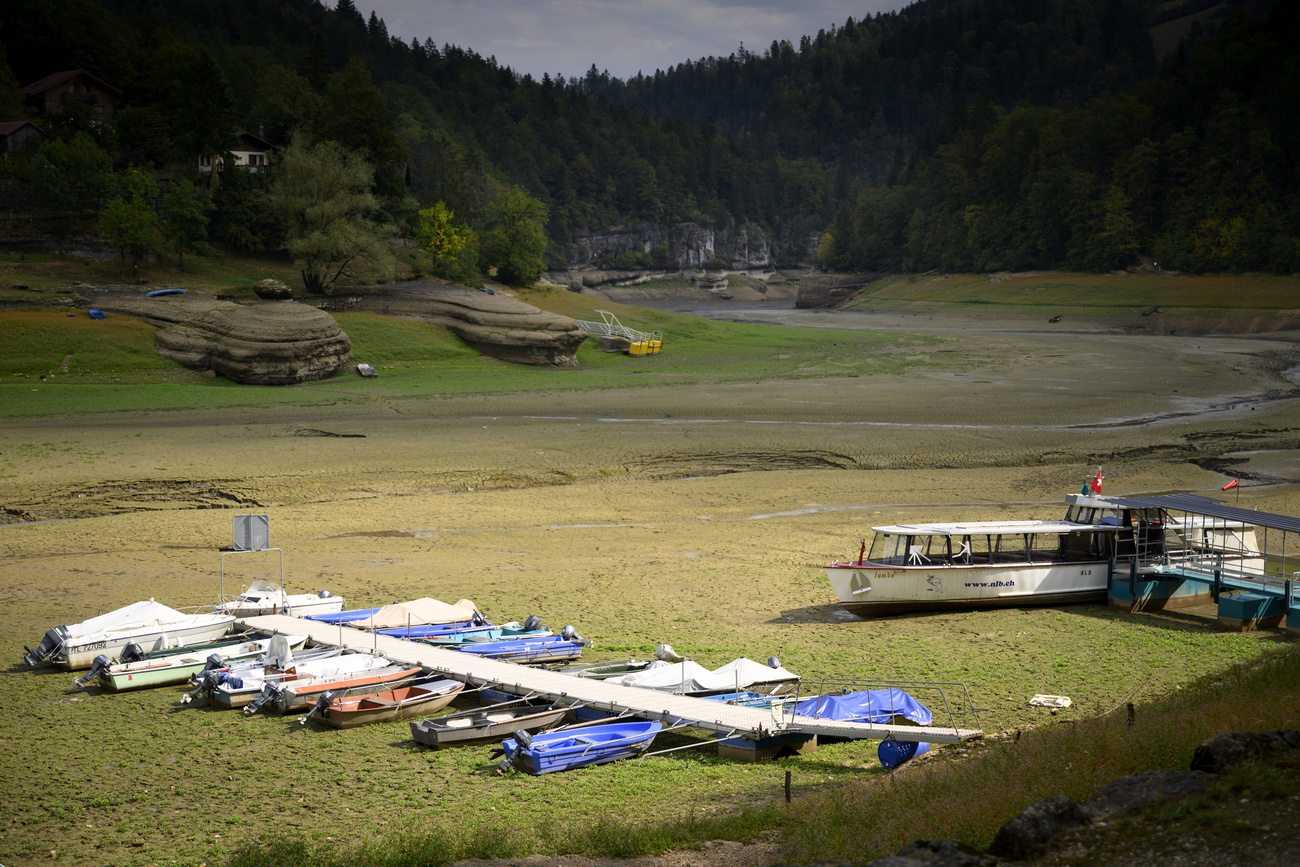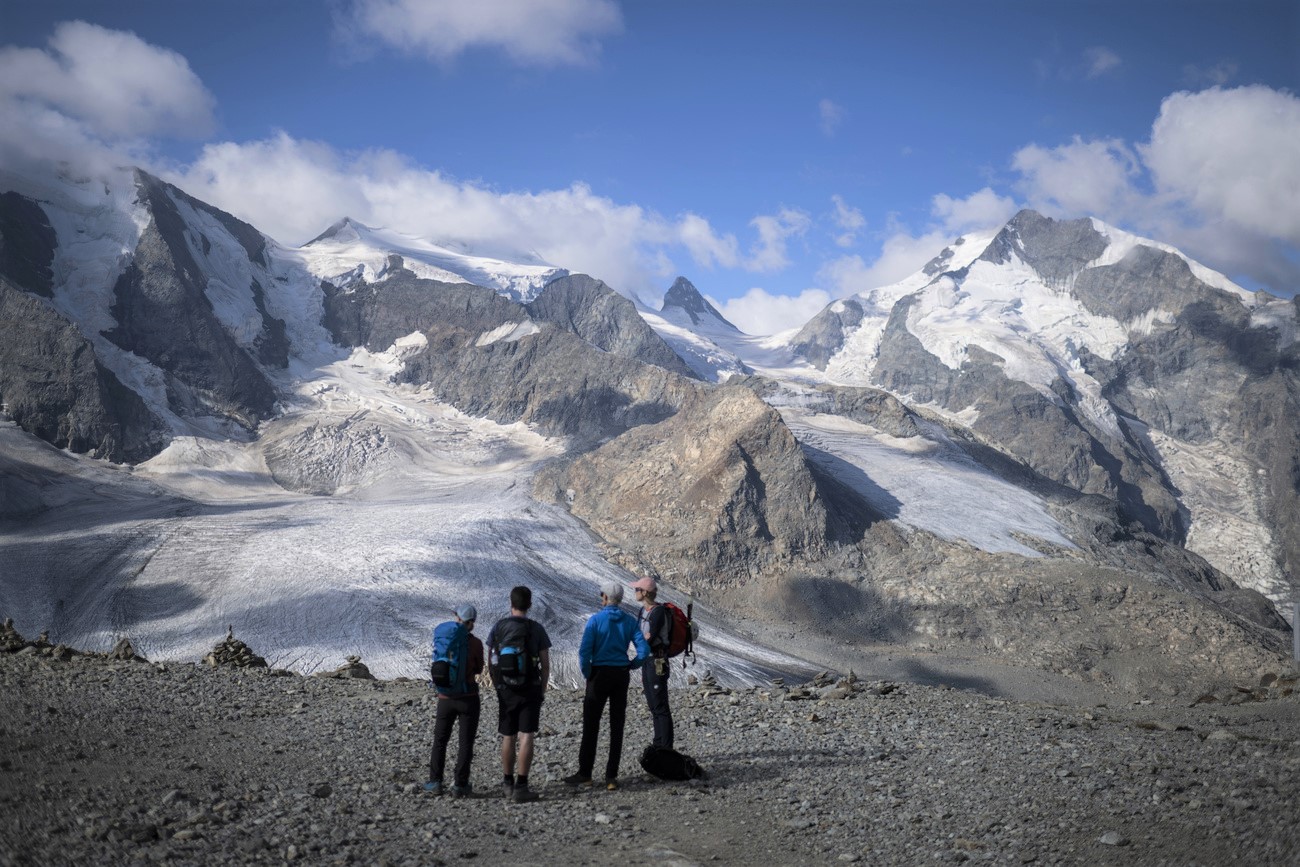
Switzerland plummets down international climate rating

Switzerland has fallen seven places to 22nd in the annual Climate Change Performance Index (CCPI), which noted that Swiss voters last year rejected the CO2 law for regulating emissions.
“Switzerland is no longer among the CCPI high performers and now ranks medium overall,” said the indexExternal link, published on Monday at the UN Climate Change Conference in Sharm el-Sheikh.
The Alpine nation received a medium rating for all four main CCPI categories: greenhouse gas emissions, renewable energy, energy use, and climate policy.
“Switzerland needs to improve its policies and that while it is part of the Paris Agreement, implementation is still missing,” the index concluded.
In this year’s report Switzerland ranks behind Lithuania, Egypt and the EU average. Denmark came top.

More
‘Even if you don’t care about climate, these solutions make sense’
‘Blocked climate policy’
The fact that Switzerland had fallen out of the top 20 is the result of its blocked climate policy, said Greenpeace climate expert Georg Klingler, one of 450 international experts who contributed to the report.
If all countries acted like Switzerland, this would mean global warming of 3°C – twice the target of 1.5°C set by the Paris Climate Agreement, he said.
However, recent efforts by Swiss politicians, such as the counterproposal to the glacier initiative or measures for more renewable energies, were not included in the assessment, he added.

More
Campaigners withdraw glacier initiative
For Klingler, Switzerland is setting the wrong focus to reduce its greenhouse gas emissions. It is supporting projects abroad to reduce its CO2 emissions. This makes sense in itself, he says, but it should not serve as a substitute for projects in Switzerland. “That’s greenwashing,” he said.
Last week, Switzerland also came under international criticism for this. “Switzerland is paying poorer nations to cut emissions on its behalf”, was the headline in the New York TimesExternal link.

More
For Swiss glaciers, 2022 was a ‘disastrous’ year

More
Swiss CO2 law defeated at the ballot box

In compliance with the JTI standards
More: SWI swissinfo.ch certified by the Journalism Trust Initiative






























You can find an overview of ongoing debates with our journalists here . Please join us!
If you want to start a conversation about a topic raised in this article or want to report factual errors, email us at english@swissinfo.ch.